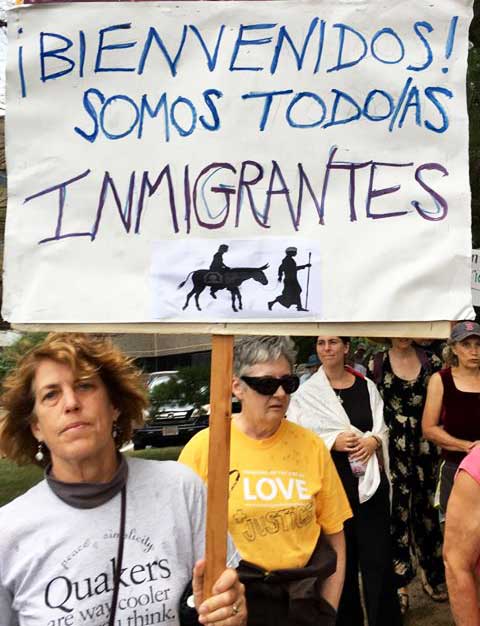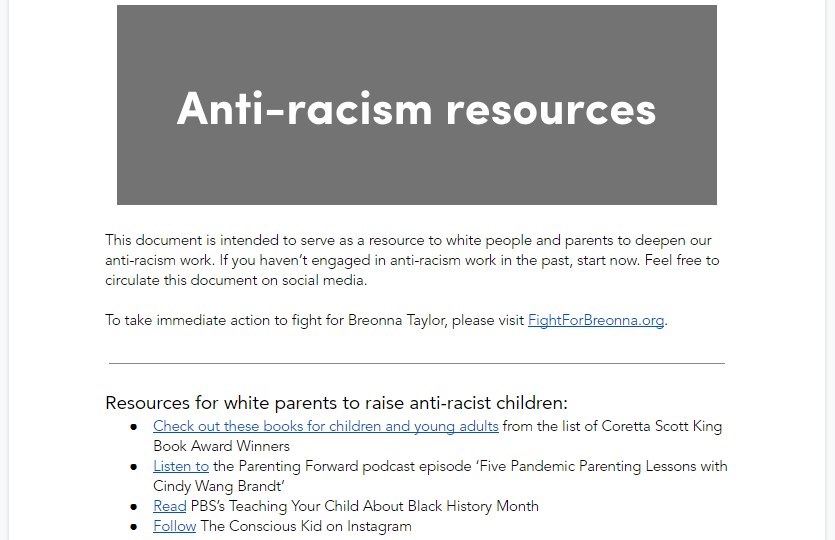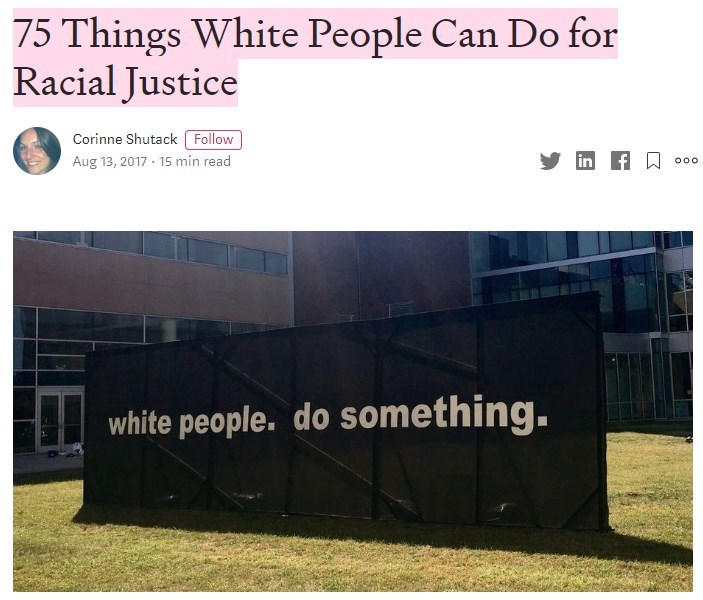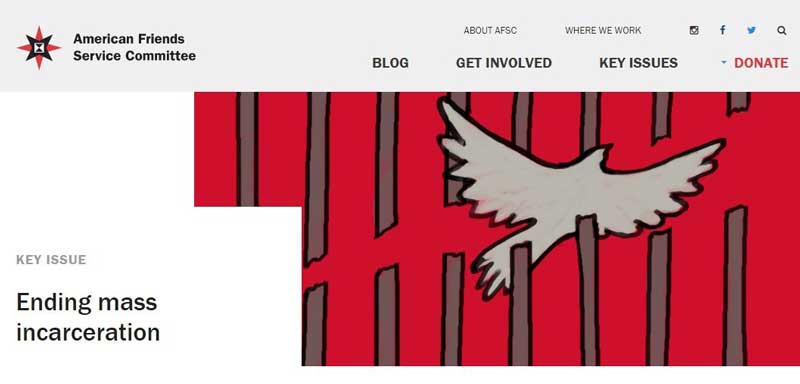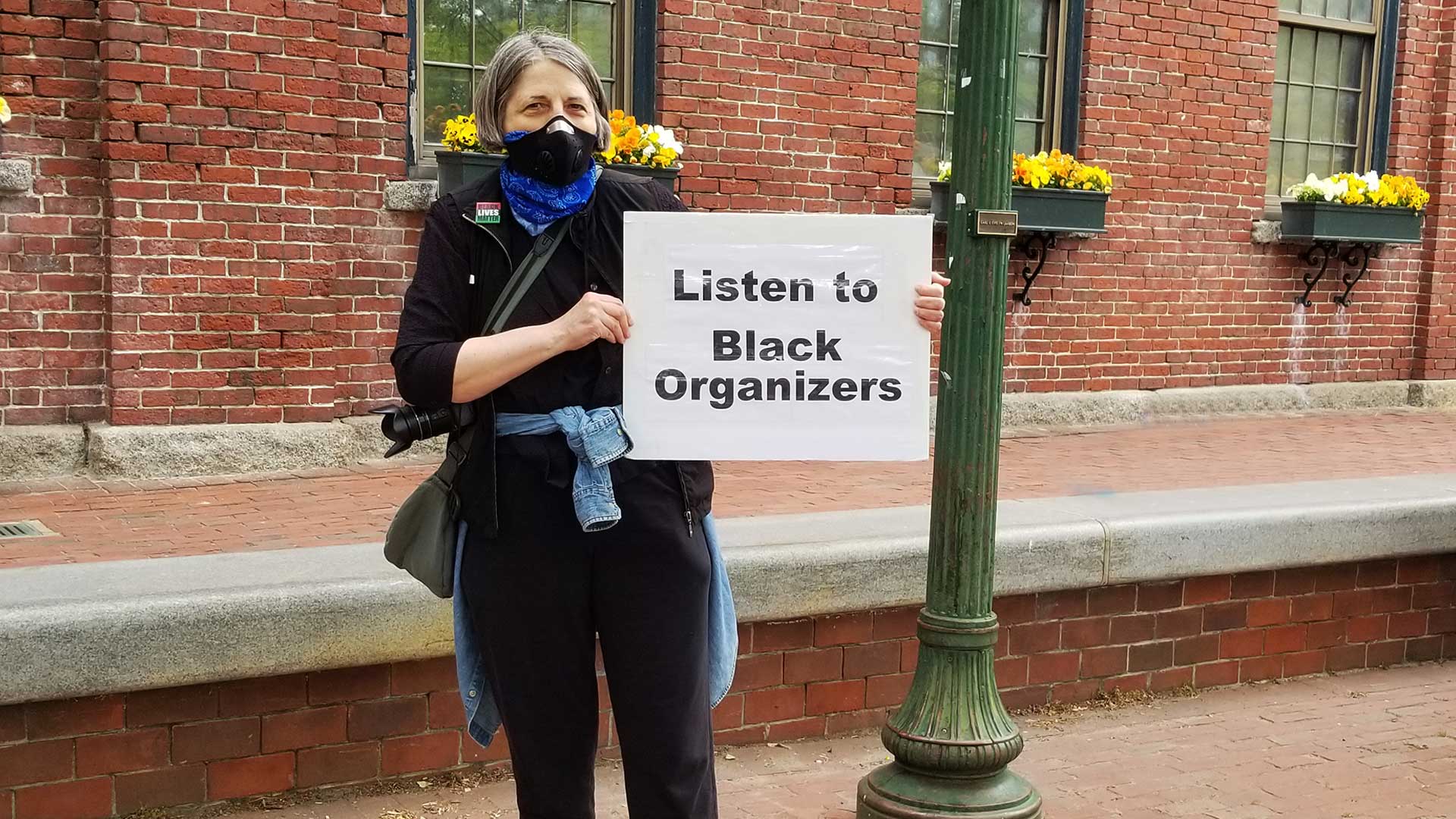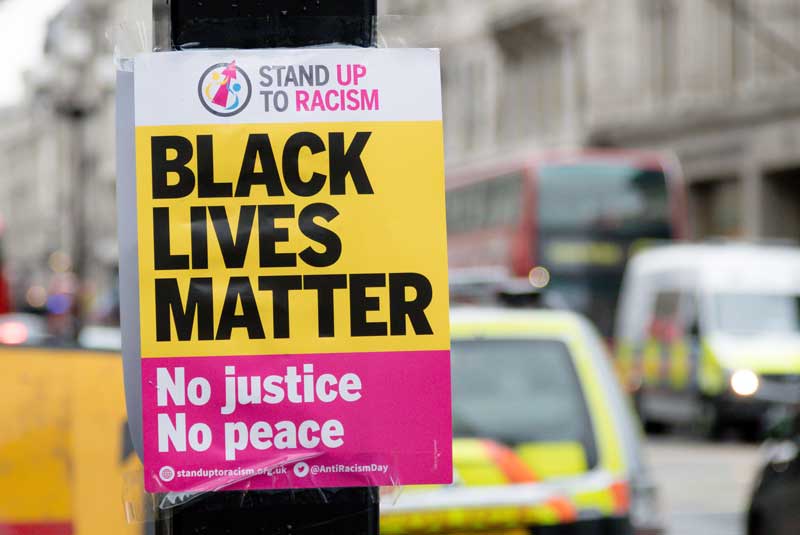Anti-Racism Resources
Racial Justice is part of our
Equality Testimony
Black Leaders Are Reminding us of the Necessity of Being Anti-Racist
As a mostly white community, we’ve come to know that it’s not enough to simply oppose racism or to consider ourselves “not racist.” We created this page to be a resource.
We know that it’s our responsibility to educate ourselves about systemic racism. It’s important to continue to raise our awareness. If we are committed to ending racism, it’s important to actively work for racial justice.
We Are Willing as Quakers to Confront White Privilege
What can you do?
Start with this Anti-Racist Resource List
“This document is intended to serve as a resource to white people and parents to deepen our anti-racism work. If you haven’t engaged in anti-racism work in the past, start now. Feel free to circulate this document on social media.”
More things you can do:
What is Systemic Racism?
You’ve probably heard the term but may not be fully informed.
This video explains systemic racism and the big picture of white privilege. Learn how it manifests and how white people benefit in ways of which they may not be aware.
This video also explains implicit bias, which is a form of unconscious racism. White people can raise their consciousness, gain awareness of biases, examine assumptions, and learn about specific aspects of white privilege that may not have been obvious before.
This increase in awareness is an important foundation. We can’t attain authentic racial justice if we don’t first fully understand all the manifestations of it.
Click on the video to watch.
1969 Episode of Mister Rogers’ Neighborhood
Mr. Rogers’ Dramatic Anti-Racist Statement
This video starts a few minutes in with a clip of a 1969 episode of Mister Rogers’ Neighborhood.
Mr. Rogers shares his foot-cooling swimming pool with Officer Clemmons, the Black police officer. While it may look like a straightforward simple scene, it was far more than that.
During this time in the late 1960s public swimming pools were legally required to be open for use by everyone. Sadly, many communities, especially in the south decided to close their public pools and fill them in rather than welcome the Black community.
This was a clear social justice message Mr. Rogers was making about integrated public swimming pools.
Contact Your
State Legislators & Members of Congress:
To effect change, it’s important to express our concerns directly to local public officials, the representatives of our districts, and our members of Congress.
- Contact your City Councilors or Selectmen.
- Find your State Legislator using this link.
- Find your Members of Congress using this link.
See our page of
Immigration Resources
